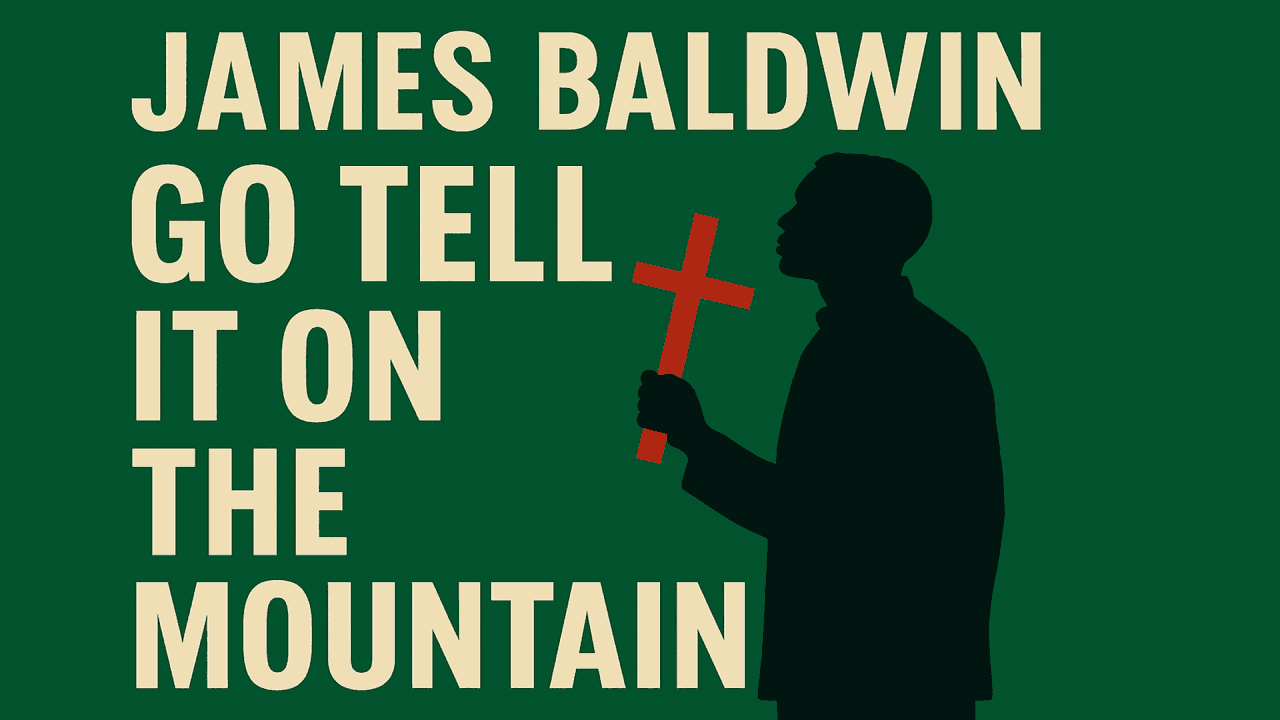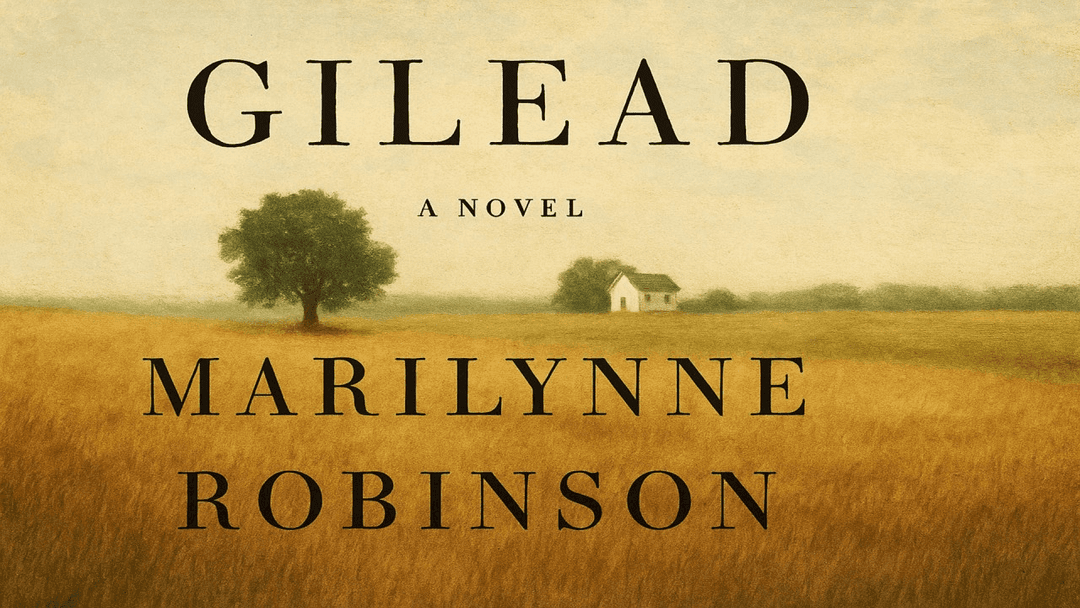Who am I really? Who gets to love me? How do I rise when the world keeps trying to bury me?
A Spiritual Storm Inside a Young Heart
Set in Harlem during the 1930s, Go Tell It on the Mountain is not just a novel—it’s a soul laid bare. At its center is 14-year-old John Grimes, the son of a stern Pentecostal preacher, trying to find his way in a world heavy with religion, guilt, love, anger, and secrets.
Baldwin gives us a story told over the course of one single day—but in that one day, we enter generations of memory, pain, and hope. Through the voices of John, his parents, and his aunt, we learn how faith can both uplift and wound… how silence in a family can be louder than words… and how a young boy begins to understand what kind of man he wants to become.
Faith, Family & Fire
This is a novel soaked in scripture—but Baldwin doesn’t preach. He explores how religion shapes Black American life: the beauty, the burden, and the complicated legacy of the church. His language sings with biblical rhythms, yet the story remains deeply human—full of contradictions, longings, and the quiet ache of growing up.
Where Gilead whispered its wisdom like a gentle prayer, Go Tell It on the Mountain speaks like a sermon lit with fire. It’s about sin and redemption, yes—but also about shame, resistance, and the hunger to be loved and seen for who you truly are.
Why This Book Still Feels So Alive
More than 70 years after it was written, Baldwin’s novel still resonates. Not just because of its themes—but because of how Baldwin tells the truth. His prose is lyrical and urgent. His characters are flawed and unforgettable. And his compassion runs deep.
For anyone who has ever wrestled with the faith they were raised in, or tried to understand their family, or felt like an outsider even in their own home—this book speaks directly to you.
A Few Lines That Stay With You
"Whoever wishes to hold on to the world, let him take it, and keep it, and rot with it."
A line filled with bitterness and clarity, echoing the characters’ struggle to separate themselves from sin and find meaning beyond suffering.
"The Lord had led him out of the darkness."
Baldwin uses the language of salvation to reflect real transformation—not just spiritual, but personal and emotional.
"Love does not begin and end the way we seem to think it does. Love is a battle, love is a war; love is a growing up."
This quote isn’t from this book specifically—it’s from Baldwin himself—but it captures the soul of Go Tell It on the Mountain perfectly.
If You Enjoyed This, You Might Also Like:
- The Chosen by Chaim Potok — friendship and faith in a Jewish context
- The Color Purple by Alice Walker — letters, healing, and spiritual awakening
- A Lesson Before Dying by Ernest J. Gaines — justice, dignity, and quiet resistance
- Invisible Man by Ralph Ellison — identity, race, and the search for meaning
- The Confessions by Saint Augustine — the classic spiritual autobiography
Still Climbing the Mountain
Even decades after its release, Go Tell It on the Mountain remains a deeply personal, deeply American novel. It speaks to anyone who has ever questioned their worth, their faith, or their place in the world.
If you’ve ever felt torn between who you are and who you’re expected to be, Baldwin’s mountain might look familiar. And his story, like the gospel song that inspired it, is meant to be told—again and again.
Discover the Joy of Reading with Classic Pages
Join a vibrant community where stories thrive, authors shine, and readers connect. Buy, rent, explore, and promote—all in one place.
📱 Now available on the App Store and Google Play. Download the Classic Pages app today and reshape the way you read.


